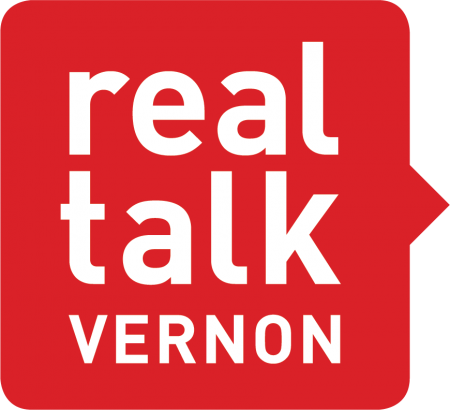The Truth About Substances
 In the movies, on TV, and even on social media, drinking alcohol and using substances is often portrayed as a glamorous experience. It might look like these characters or celebrities are always happy and having fun. In reality, substance use is risky and can lead to dangerous situations. Alcohol impacts the part of your brain that is responsible for decision-making, which means you might be more likely to do something that you wouldn’t do if you were not drinking alcohol. Research supports that your brain does not finish developing until your mid-20’s and drinking and drug use in your teenage years can impact your memory long-term. Further, research supports that drug and alcohol use at an early age is a major predictor of developing a substance use disorder later in life (NIDA).
In the movies, on TV, and even on social media, drinking alcohol and using substances is often portrayed as a glamorous experience. It might look like these characters or celebrities are always happy and having fun. In reality, substance use is risky and can lead to dangerous situations. Alcohol impacts the part of your brain that is responsible for decision-making, which means you might be more likely to do something that you wouldn’t do if you were not drinking alcohol. Research supports that your brain does not finish developing until your mid-20’s and drinking and drug use in your teenage years can impact your memory long-term. Further, research supports that drug and alcohol use at an early age is a major predictor of developing a substance use disorder later in life (NIDA).
So what’s at risk if you drink alcohol or use substances before you are 21?
- Hurting yourself or others
- Damaging your reputation
- Losing your driver’s license
- Suspension from school
- Losing a college scholarship
- Grades can suffer
- Legal consequences
Talking to your friends
It is important to talk to your friends about not drinking alcohol and using substances to remind them that NOT everyone does it. It becomes even more important to talk to them when you are concerned about them or know they are using substances or drinking.
- Talk about things you can do together that do not involve drinking or drugs
- Have lunch or dinner together
- Go to the movies
- Go for a hike
- Find a new activity, sport, or club you both enjoy
- If you are concerned be as specific as possible, avoid generalizations
- Say “I wanted to talk to you because I’m worried” instead of, “Everyone thinks you have a problem”
- Only say what you know to be true instead of talking about what you’ve heard from other people (avoid saying things like “I heard from..”)
- Let your friend know how much you value them as a person
- DO NOT lecture, accuse, or argue
- DO NOT try to have this conversation when your friend is under the influence
- Allow your friend to tell you as much, or as little, as they feel comfortable
- Try to uncover the reason they might be using, such as stress or depression
- If you are concerned about a friend or peer’s mental health, seek help immediately
- If you are concerned and do not feel comfortable having this conversation, do not hesitate to involve a trusted adult.
Peer Pressure
As a young person you are surrounded by pressures from friends and social media. Although some pressures can be good (like to do well in school), other pressures can be dangerous (like to drink alcohol). One strategy is to be prepared when you are faced with negative peer pressure, even if it is coming from a friend. You can do this by brainstorming different ways to say “no” with your parents. Some examples include:
- Put the blame on your parents, such as “My parents would never forgive me”
- “I’ll get kicked off my sports team”
- “I can’t risk losing my scholarship”
- “No thanks, I’m not interested”
Revised November 2021


